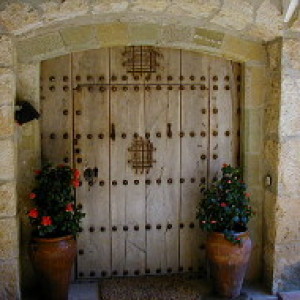Disbanded
Yesterday was the anniversary of the Battle of Culloden which was the last battle of the 1745 Jacobite Rising. Taking place on 16 April 1746, the battle was between the Jacobite forces of Charles Edward Stuart and an army commanded by William Augustus, Duke of Cumberland, loyal to the British government. The Jacobite cause was dedicated to restoring the House of Stuart to the British throne.The battle was fought on Culloden Moor near Inverness in the Highlands.
Charles Stuart's Jacobite army consisted mainly of Scottish Highlanders, as well as a number of Lowland Scots and a small detachment of Englishmen from the Manchester Regiment. The army of the Hanovarians was mostly English, with a number of Scottish Lowlanders and Highlanders, Ulster men from Ireland, and a small number of mercenaries, Hessians from Germany and Austrians. The battle on Culloden Moor was over very quickly, lasting less than an hour. The Jacobites were defeated and driven from the field.
Between 1,500 and 2,000 Jacobites were killed or wounded in the battle, while government losses were lighter with 50 dead and 259 wounded. The aftermath of the battle was brutal, earning Cumberland the nickname of "Butcher". Measures were introduced to weaken Gaelic culture and attack the Scottish clan system.
This print of a painting by John Pettie RA entitled "Disbanded" may show one of the defeated Highlanders leaving the field the day after the defeat. In the romanticised style of the time it shows a figure wearing a kilt carrying away what appear to be looted items,at least two fine swords, a redcoat bundled up, an officers cocked hat, a clock, a copper pot and what appears to be a coffee pot.
If contemporary accounts are to be believed, the government forces harried the surviving Jacobite fighters, killing indiscriminately, so I don't suppose the laddie in the picture would have got far with his spoils. Perhaps he was in fact a government soldier in which case he is either deserting or has been discharged with remarkable alacrity.
Despite the dubious historical accuracy I like the print, it is on my study wall and reminds me of the lessons that we can learn from history and the importance of looking back for explanation as well as forward for inspiration.
- 0
- 0
- Apple iPhone 4S
- 1/20
- f/2.4
- 4mm
- 100

Comments
Sign in or get an account to comment.


